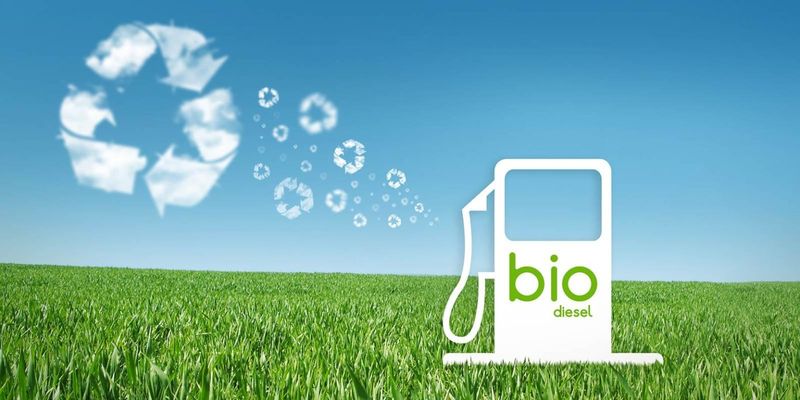Indonesia delays full implementation of B40 biodiesel

Indonesia’s B40 policy, which mandates a 40% palm oil mix with 60% diesel, was initially set to take effect on January 1, 2025. However, officials have confirmed a delay until February, giving businesses a 1.5-month grace period. Furthermore, the government has announced that by 2026, the biodiesel blend will increase to B50, with plans to completely halt diesel imports.
The Ministry of Energy and Mineral Resources (ESDM) of Indonesia, through Vice Minister Yuliot Tanjung, emphasized that the mandatory B40 biodiesel blend policy, which incorporates 40% palm oil, officially began on January 1, 2025. However, the first six weeks will serve as an adaptation period. During this time, businesses will exhaust their remaining stock of B35 biodiesel, while related technologies will be adjusted accordingly.
State-owned oil company Pertamina has already prepared two refineries to produce B40 and, on January 6, announced the initial fuel pricing for five key ports: Jakarta, Benoa, Surabaya, Balikpapan, and Batam. The price per ton ranges from USD 910 to USD 1,103 for the first two weeks of January.
The ESDM has also decided that Indonesia’s biodiesel output for 2025 will reach 15.6 million kiloliters, a significant increase from the previous year. With rising production and the higher blending ratio, the policy will not only impact palm oil exports but also put additional pressure on the government’s subsidy budget.
Due to palm oil costing approximately USD 400 per ton more than crude oil, the Indonesian Palm Oil Plantation Fund Management Agency (BPDPKS) has estimated that subsidy expenditures will increase by 68%. Currently, this subsidy gap is funded through a palm oil export tax, leading markets to anticipate an eventual increase in export taxes to maintain balance.
As the world’s largest exporter of palm oil, Indonesia is prioritizing the development of biodiesel, even at the cost of reducing exports. With an eye on achieving net-zero emissions by 2050, ESDM Minister Bahlil Lahadalia emphasized that by 2026, the biodiesel blend will rise to 50%, a move expected to cut USD 20 billion in annual energy imports and fulfill the country’s goal of energy self-sufficiency.
For almost 30 years of expertise in the agri markets, UkrAgroConsult has accumulated an extensive database, which became the basis of the platform AgriSupp.
It is a multi-functional online platform with market intelligence for grains and oilseeds that enables to get access to daily operational information on the Black Sea & Danube markets, analytical reports, historical data.
You are welcome to get a 7-day free demo access!!!
Read also
Abbey Commodities – General Partner of BLACK SEA GRAIN.KYIV-2026
Black Sea & Danube Barley Market at a Turning Point: Demand Pressure and Regi...
US Supreme Court rules Trump’s emergency duties illegal
Mercosur: Protective measures for European agriculture
US makes concessions on pulses in new trade deal with India
Write to us
Our manager will contact you soon



